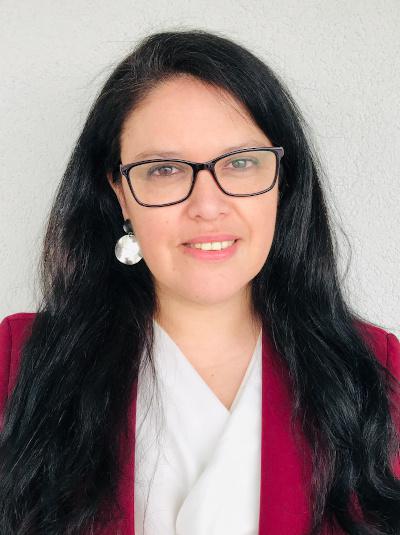Using Authentic Exoplanet Data To Promote Active Learning Of Physics And Mathematics In Schools
TalkGravitational waves, black hole shadows and exoplanets: Can we make a place for cutting-edge results in schools?
4th Shaw-IAU Workshop
Tuesday Nov. 15, 2022
UTC: 8:20 p.m. - 8:30 p.m. America/New_York: 3:20 p.m.- 3:30 p.m.
Thursday Nov. 17, 2022
UTC: 8:20 a.m. - 8:30 a.m. America/New_York: 3:20 a.m.- 3:30 a.m.
Chile benefits from a favorable position to develop astronomy; however, teacher training in the area is low, and there are few opportunities for students to learn about frontier research. To address this challenge, we built a group of astrophysicists, science education specialists, and high school teachers to co-construct active-learning activities using exoplanet data for physics and mathematics classes. Our team worked with almost a hundred students from three schools to pilot our activities. The results show that teaching frontier astrophysics in school classrooms is possible and promotes students' interest in science. We believe this project contributes to bridging the gap between astrophysics research and teaching science in school.
About Carla Hernández
Physics teacher for the Pontificia Universidad Católica de Valparaíso, Chile, and obtained her Doctorate in Sciences Education from the Universidad Autónoma de Barcelona, España in 2011. She is currently Assistant Professor in Physics Department of the Universidad de Santiago de Chile, and director of outreach and community relations. She has teaching experience in secondary schools and universities, researching the impact of active learning in physics on student knowledge, teacher training, and gender gaps. On these topics, she has been director and co-researcher of various projects with numerous publications in indexed journals, giving more than eighty talks at national and international events. In 2013 she was co-founder of the Chilean Society of Physical Education (SOCHEF) and assumed as its first president. Since then, she has participated in the organization and scientific committee of various physics and astronomy education meetings. Recently she has coordinated the citizen science initiative "Hago Ciencia" (similar with "I do Science" in english), promoted during the solar eclipse of 2019 in Chile with the aim of encouraging people from all over the country to participate in a massive research project, to investigate the effects of the solar eclipse on the GPS signal.
Watch a recording of this talk (external link)





